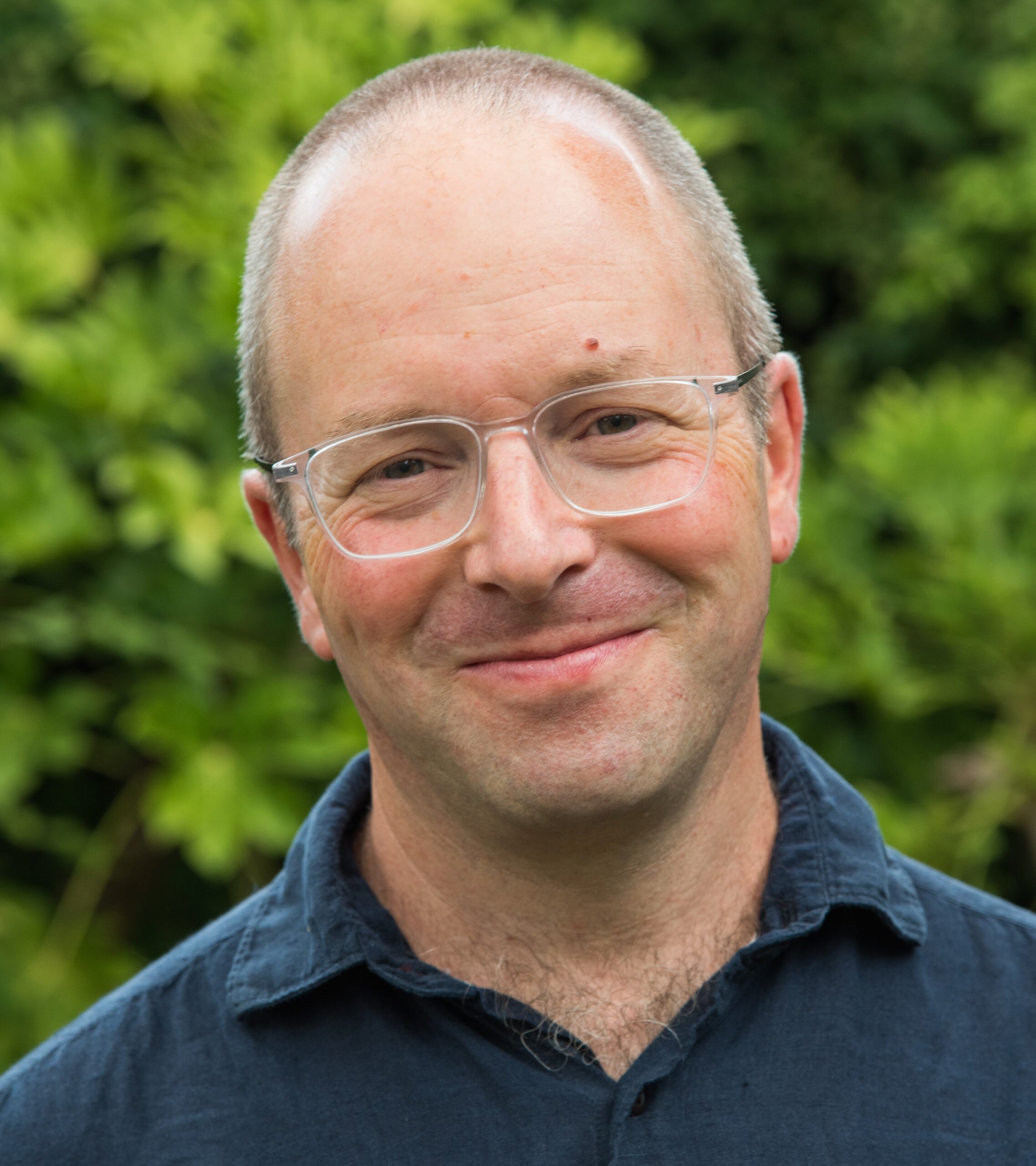With Father’s Day approaching, Matt, Chance UK’s Interim CEO, offers his reflections on the joys and challenges of fatherhood:
Being a parent is the most rewarding but also the hardest thing I think I’ve ever done.
When my first child was born, the initial challenge was sleepless nights, exhaustion, his need as a baby for constant attention. But I realised the real challenge that lay ahead on his first birthday when we gave him – for the first time in his life – a slice of chocolate cake. He guzzled it down, not believing his luck at receiving something so sugary and delicious. And then he realised it was finished and we weren’t going to give him any more. The result? His first temper tantrum.
I realised that being a father meant not only meeting my child’s needs, but managing his anger, saying no, and dealing with confrontation. Seventeen years and two more children later, I’ve had some time to think about what I’ve found most difficult about being a parent and, maybe, to come up with some positive reflections.
So what have I found hard?
1. Anger
Not my children’s (although that’s tough too) but my own.
My kids are delightful most of the time. But there are certain things that make me blow a fuse. When they insist on being rude, when they are mean to each other, and when they refuse point blank to do the simplest thing I ask. And when I lose my temper, my natural reaction is to shout.
Over time I’ve learnt a few things.
A quick temper, too much anger and especially shouting have a real impact on the people around me. The damage doesn’t just go away.
It’s hard to control, but not impossible. I’ve found physical exercise, meditation, and therapy have helped me.
And finally – when it happens, say sorry. Even – especially – to a small child.
2. Confrontation
Children like to confront, to check boundaries, to engage in conflict (mine do anyway).
For me, there have been two positive but contradictory responses to this. One is to set limits. For example, to an eight year old: no, you may not watch unfiltered YouTube. The other is to give love and acceptance, especially in the face of aggressive, uncooperative behaviour.
My intuitive response has always been to set limits – often important, but it runs the risk of escalating conflict. So, I’m trying to learn to respond to an angry child or teen with empathy and kindness more often than comes naturally. It’s not always easy, and I don’t always get it right but it has been worth the effort.
Maybe the right approach is to learn how to do both at once: to set clear and non-negotiable boundaries, but to do it with understanding and love. I hope to figure this one out soon….
3. Direction
When should we guide our children and when should we accept who they are? How much should we try and shape their life direction, choice of friends and activities? My children have shown me that they want and need guidance, but they also want the freedom to make their own decisions (and mistakes) – especially as they become teenagers.
For me, the challenge is that parenting is an attempt to do several contradictory things at once: seeing who our children really are while refusing to assume this is all they can ever be, and trying to give them values while resisting the urge to shape them in our image.
The most important thing I’ve learnt about being a father is that I won’t always get it right and I can’t do it by myself. I’m lucky enough to have a partner to parent with, who complements me, supports me and often has to set me straight (I hope I do the same for her). For others, that support comes from a network of friends, grandparents and siblings.
Without resorting to the old cliché that raising a child takes a village, it’s obvious that we all need support. And as our children continue to face a whole range of challenges, such as anxiety, bereavement, family break-ups and behavioural difficulties, it’s so important that we not only support them but their parents too.
That’s one of the reasons I’m so pleased to be involved with Chance UK.
